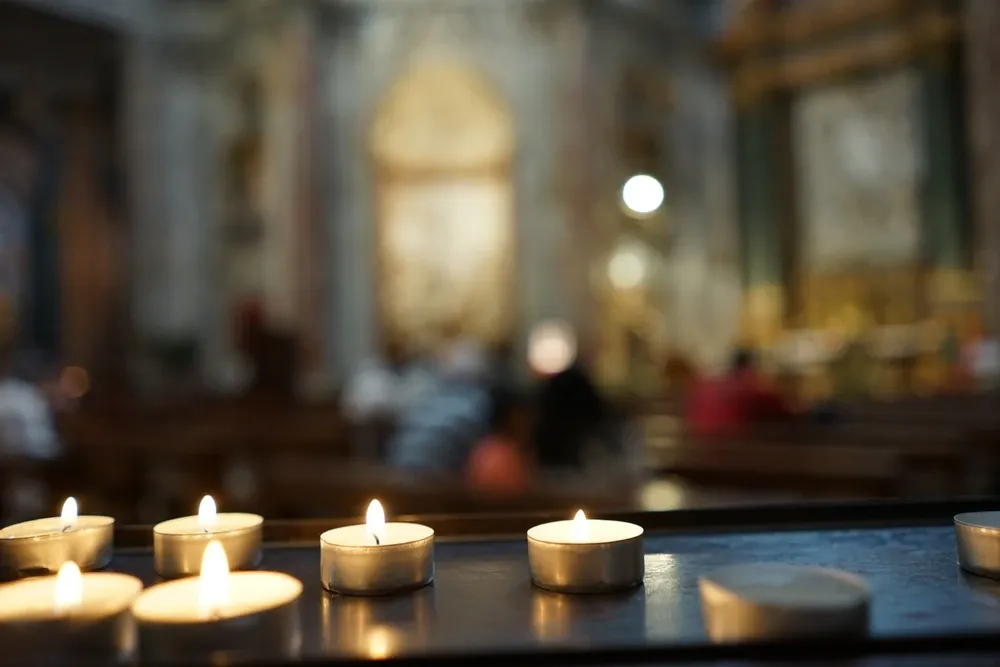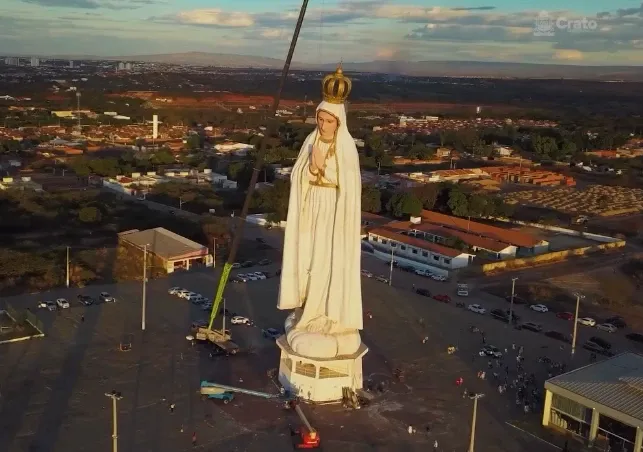Indulgences on Jan. 1
Likewise, on Jan. 1, the solemnity of Mary, Mother of God, a plenary indulgence is granted to those who publicly recite the hymn “Veni Creator,” imploring blessings for the new year that is beginning.
To recite the “Veni Creator,” click here.
Additionally, those who devoutly receive the papal blessing “urbi et orbi” (“for the city and for the world”), either through radio, television, or the internet, as well as those who devoutly receive the blessing of the bishop of their diocese, will also be able to obtain these special blessings from the Church.
Conditions to obtain a plenary indulgence
In addition to performing the specific work mentioned in the previous points, the following conditions must be met:
First, it is necessary to be detached from all sin, even venial sin.
Second, one must make a sacramental confession, receive Communion, and pray for the pope’s intentions. These conditions can be met a few days before or after carrying out the action prescribed to obtain the indulgence, but it is suggested that Communion and prayer be performed on the same day that the action is carried out.
It’s important to note that several indulgences can be obtained through a single confession, although frequent participation in the sacrament of reconciliation is recommended in order to deepen one’s conversion and purity of heart.
As for receiving Communion and praying for the intentions of the Holy Father, it should be noted that with just one Communion and one prayer, made on the same day, a plenary indulgence is obtained.








